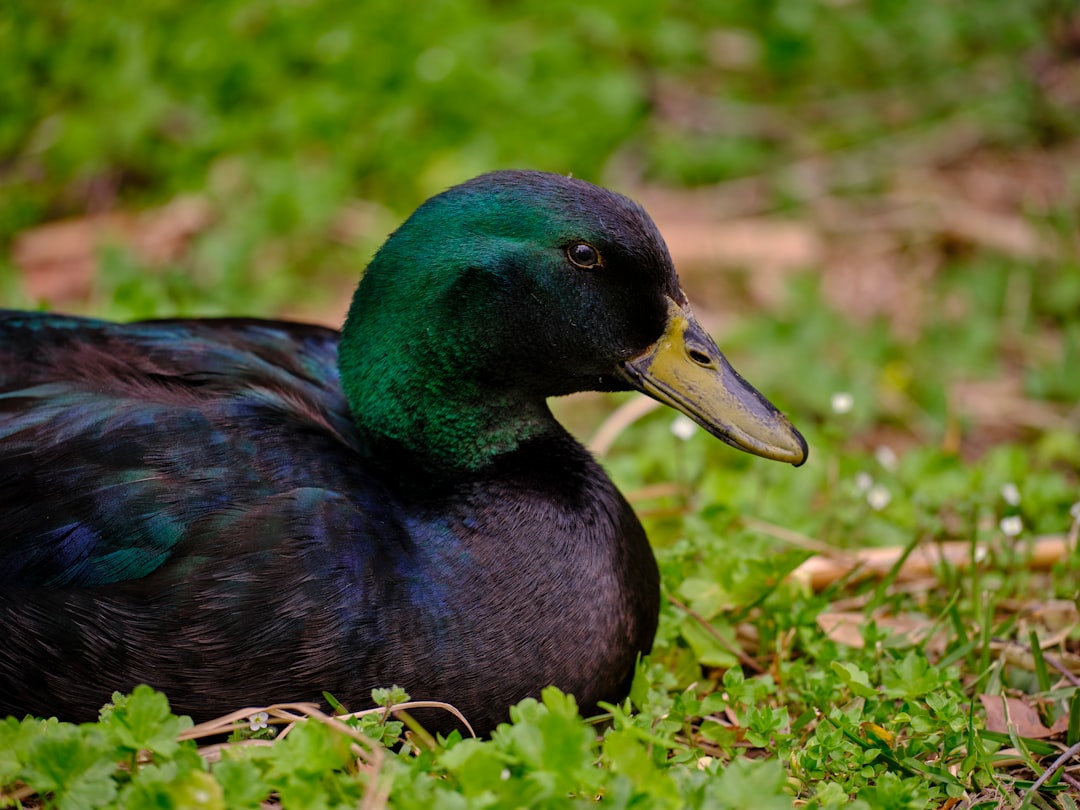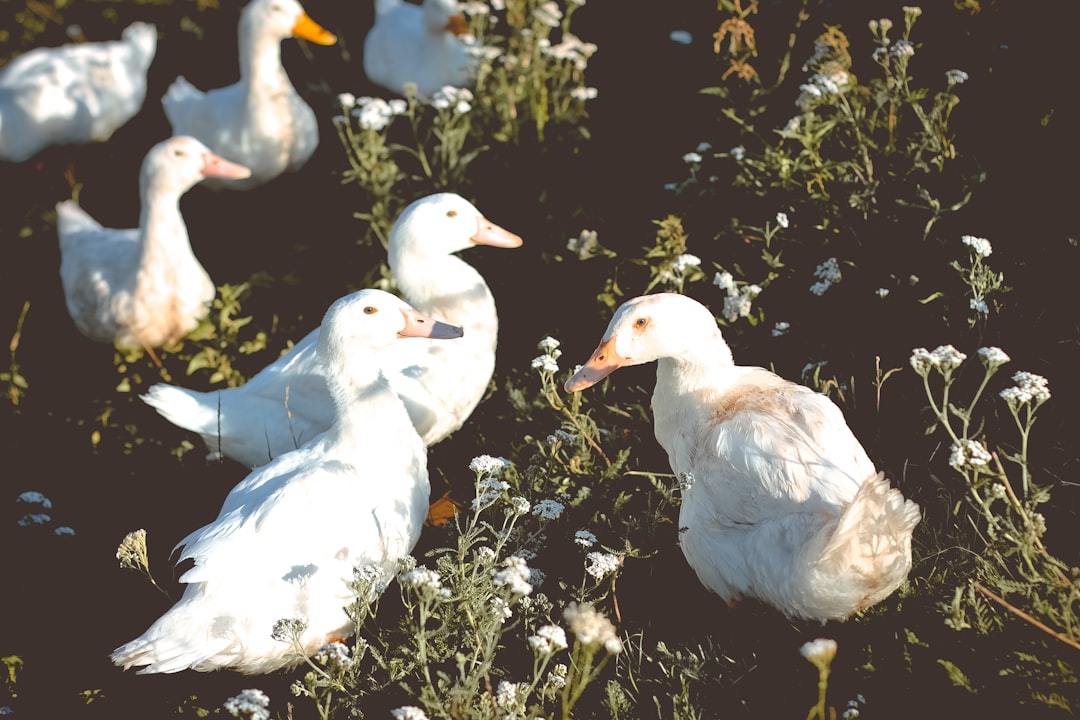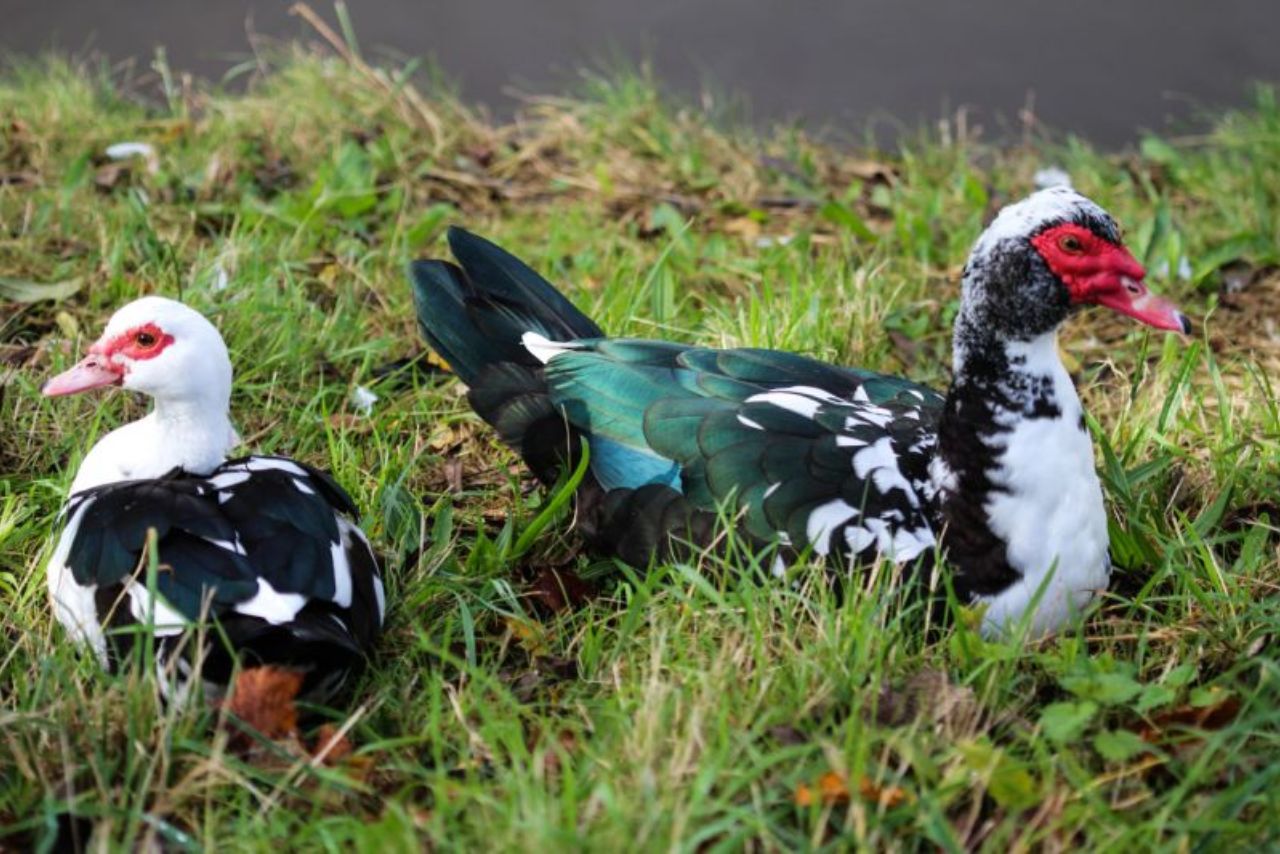Wild ducks do not lay eggs every day. The frequency of egg-laying depends on various factors such as the duck’s age, breed, and the season.
During the breeding season, which typically occurs in spring and sometimes in fall, female ducks will lay eggs more frequently.
However, outside of the breeding season, wild ducks may only lay a few eggs per week or even less often.
Overall, while it is not uncommon for wild ducks to lay eggs frequently during their breeding season, they do not lay eggs every day year-round
It is also worth noting that wild ducks typically do not lay as many eggs in one clutch as domesticated ducks.
Wild ducks usually lay around 8 to 12 eggs in a clutch, while domesticated ducks can lay up to 300 eggs per year.
In this blog post, we will explore the question, “Do wild ducks lay eggs every day?” and provide an informative answer.
Understanding Wild Duck Egg-Laying Habits
Wild ducks typically lay their eggs in the early morning hours. Most wild ducks lay their eggs in the spring months when the weather is warmer.
Female ducks are known to lay eggs in multiple nests, which can make it difficult to track their egg-laying habits.
Factors That Affect Wild Duck Egg-Laying:
- 1- Food availability: A wild duck’s diet plays a crucial role in its egg-laying frequency. If the duck is not getting enough nutrients, it may lay fewer eggs or stop laying altogether.
- 2- Environmental conditions: Harsh weather conditions can also affect a wild duck’s egg-laying habits. Extreme temperatures or droughts can impact the availability of resources and cause ducks to lay fewer eggs.
- 3- Breeding season: As mentioned earlier, female ducks tend to lay more eggs during their breeding season. However, this period only occurs for a limited time each year.
- 4- Age and breed: Younger ducks tend to lay fewer eggs than older ones, while some breeds are known to lay more eggs than others.
Months for Mating for Wild Ducks:

Wild ducks usually mate and lay eggs during the spring and sometimes in the fall, but this can vary depending on the species and location.
During mating season, male ducks will compete for female attention by displaying their colorful plumage and performing elaborate courtship displays.
Once a pair has formed, they will typically find a suitable nesting site near water and begin laying eggs.
Why Raising Wild Ducks For Eggs Is A Good Idea?

While it may be tempting to raise wild ducks for their eggs, it is important to note that doing so is illegal in many areas.
It is also not a sustainable or ethical practice, as wild ducks are meant to live and reproduce in their natural habitats.
Instead, consider supporting local farmers who raise domesticated ducks for their eggs using humane and sustainable practices.
Eggs Productions By Wild Ducks In Comparison Of Domestic Ducks:
In terms of egg production, domesticated ducks have been selectively bred to lay more eggs than their wild counterparts.
They can produce up to 300 eggs per year, while wild ducks usually lay around 8 to 12 eggs in a clutch.

This is because domesticated ducks have been genetically modified over the years to increase their egg-laying capacity.
However, it is worth noting that raising domesticated ducks for their eggs should be done using humane and sustainable practices.
This means ensuring they have access to adequate food, water, shelter, and veterinary care.
It is also important to provide them with enough space to move around and engage in natural behaviors.
1: Longer Shelf Life:
In addition, wild duck eggs have a longer shelf life compared to domesticated duck eggs.
This is because they contain a natural coating called the bloom or cuticle, which helps prevent bacteria from entering the egg.
Domesticated ducks do not have this protective layer as their eggs are usually washed before being sold.
Overall, while wild ducks may not lay eggs every day, their egg-laying habits are fascinating and depend on various factors such as food availability, environmental conditions, breeding season, age, and breed.
Instead of raising wild ducks for their eggs, consider supporting local farmers who raise domesticated ducks using humane and sustainable practices.
This way, we can enjoy fresh and nutritious eggs while also promoting animal welfare and environmental conservation.
2: More Nutritious:
In terms of nutrition, wild duck eggs are believed to be more nutritious than domesticated duck eggs.
This is because wild ducks feed on a variety of natural foods such as insects, aquatic plants, and small fish which can enhance the nutritional quality of their eggs.
Wild duck eggs also have higher levels of omega-3 fatty acids and vitamin D compared to domesticated duck eggs.
3: Perfect For Cooking:
Wild duck eggs are also considered to be perfect for cooking and baking.
They have a richer flavor than chicken eggs, making them ideal for dishes such as omelets, custards, and cakes.
Their unique taste can add depth and complexity to any recipe. However, it is worth noting that wild duck eggs may be harder to come by compared to domesticated duck or chicken eggs.
Can Wild Ducks Lay More Than One Egg A Day?
Some species of wild ducks may lay more than one egg a day, but this is not common.
Wild ducks typically lay their eggs in clutch sizes of around 8 to 12 eggs over a period of several days.
The frequency and number of clutches can vary depending on the factors mentioned earlier.
Can Wild Ducks Lay Eggs All Year Round?
Wild ducks do not lay eggs all year round, as their egg-laying activity is mainly influenced by environmental and biological factors.
Breeding season for wild ducks usually occurs in spring and summer, when the weather is warm and food availability is at its peak.
During this time, female ducks will typically prepare a nest on the ground or in a tree cavity and lay their eggs.
Do Wild Duck Eggs Taste Like Chicken Eggs?
Wild duck eggs have a unique taste that sets them apart from chicken eggs. Their flavor is often described as richer and gamier, with a slightly denser texture and creamier yolk.
This makes them an excellent choice for dishes such as omelets, custards, and cakes, where their unique qualities can really shine.
When Do Wild Ducks Stop Laying Eggs?
After the breeding season, female wild ducks will stop laying their eggs and focus on caring for their offspring.
This typically occurs in late summer or early autumn, as the weather begins to cool and food availability decreases.
Female ducks will molt their feathers during this time, which can affect their ability to fly and make them more vulnerable to predators.
What Affects Egg Production Of Wild Duck?
The egg production of wild ducks can be affected by various factors such as weather conditions, food availability, and habitat quality.
During periods of extreme weather, such as drought or flooding, wild ducks may experience a decrease in egg production or even abandon their nests altogether.
Similarly, if their natural habitats are threatened by human activities such as development or pollution, it can have negative impacts on their reproductive success.
It is important to note that conservation efforts aimed at protecting the natural habitats of wild ducks can go a long way in ensuring their continued egg production and overall population health.
By preserving wetland areas and minimizing disturbances to nesting sites, we can help these beautiful birds continue to thrive in our environment.
Do Wild Ducks Lay Eggs Without A Male?
While wild ducks typically mate and lay fertilized eggs, it is possible for them to lay unfertilized eggs without a male present.
These eggs will not hatch into ducklings but can still be consumed by predators or scavengers in the environment.
However, it is important to note that interfering with wild duck nests or collecting their eggs without proper permits and licenses is illegal and can have negative impacts on their populations.
Conclusion: Do Wild Ducks Lay Eggs Every Day?
Wild ducks play a vital role in our ecosystem and are protected by various wildlife conservation laws.
While they may not lay eggs year-round like domesticated ducks, their egg production can be affected by weather conditions, food availability, and habitat quality.
It is crucial to respect their natural behaviors and avoid any actions that may harm them or interfere with their breeding cycles.
By preserving wetland areas and minimizing disturbances to nesting sites, we can help ensure that they continue to thrive in our environment for future generations to appreciate.
FAQs:
Do wild ducks lay eggs every day?
No, wild ducks do not lay eggs every day. The frequency of egg-laying depends on various factors such as weather conditions, food availability, and habitat quality.
What affects the egg production of wild ducks?
The egg production of wild ducks can be affected by factors such as extreme weather conditions, food availability, and habitat quality.
Can wild ducks lay unfertilized eggs?
Yes, it is possible for wild ducks to lay unfertilized eggs without a male present.
However, interfering with their nests or collecting their eggs without proper permits and licenses is illegal.
Is it recommended to interfere with the natural reproductive behaviors of wild ducks?
No, interfering with the natural reproductive behaviors of wild ducks can have negative impacts on their populations.
It is recommended to appreciate these beautiful birds from a distance and avoid disturbing their nests or collecting their eggs without proper permits and licenses.
How can we promote the reproductive success of wild ducks?
We can promote the reproductive success of wild ducks by respecting their natural behaviors and protecting their habitats through conservation efforts aimed at preserving wetland areas and minimizing disturbances to nesting sites.




